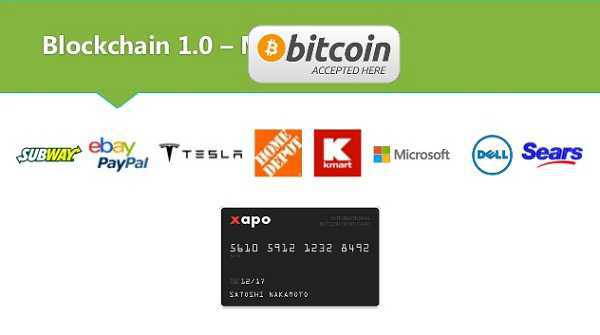

To make a database distributed we must sacrifice either consistency or availability. Why noSql? Because strict transactional SQL databases can not be truly distributed due to the restrictions of the CAP-theorem. Distributed Databases: Since we need to store structured data and seek for advanced query capabilities we may look at the distributed noSql databases.Still they serve static files only, no content search anyway and, since they are built on the rented hardware, they are not free. These storages are highly reliable, fast enough, have enormous capacity. Just upload the file and it is available in the cloud. You don’t need to stay online to share your files anymore. There are plenty of such projects nowadays. The difference is that the content is hosted on user’s computers who offer their hard drive space for rent, rather than in datacenters. From the user’s point of view these storages are just cloud storages like Dropbox, for example. Decentralized cloud file storages: There are also decentralized cloud file storages that lift some of IPFS limitations.And of course you can not search these files by their meaningful content. It serves only static files, they can not be modified or removed once uploaded.
#Where does bitcoin core store the blockchain download
At least before someone becomes interested and wants to download them from you. You should stay online if you want to share your files. Popular files can be downloaded very quickly thanks to BitTorrent protocol. It is content addressable, so it is impossible to forge content by the given address. It will be downloaded only if anyone needs it. It is really peer to peer - to share anything first put it on your own computer. The technology is based on BitTorrent protocol and Distributed Hash Table.

IPFS allows to share files on client computers and unites them in the global file system. Peer to peer file system, such as InterPlanetary File System.That’s why storing data in blockchain only is not a good option for a rich decentralized application. It may result in dangerous centralization of blockchain. If all the applications would keep their data in blockchain, the blockchain size will grow rapidly, exceeding publicly available hard drive capacity. The immutability results in one more drawback - the capacity. User may change their profile or replace their photo, still all the previous data will sit in blockchain forever and can be seen by anyone.

The immutability is the strength of blockchain that gives it high robustness but it is a weakness for a data storage. Rich application may require many thousands transactions per second. It may seem to be fast for money transfer (anyone can wait a minute), but it is extremely slow for a rich application data flow. First of all transactions to blockchain are slow to confirm. However, this approach has significant drawbacks. Currently most of the simple decentralized applications work exactly this way.


 0 kommentar(er)
0 kommentar(er)
